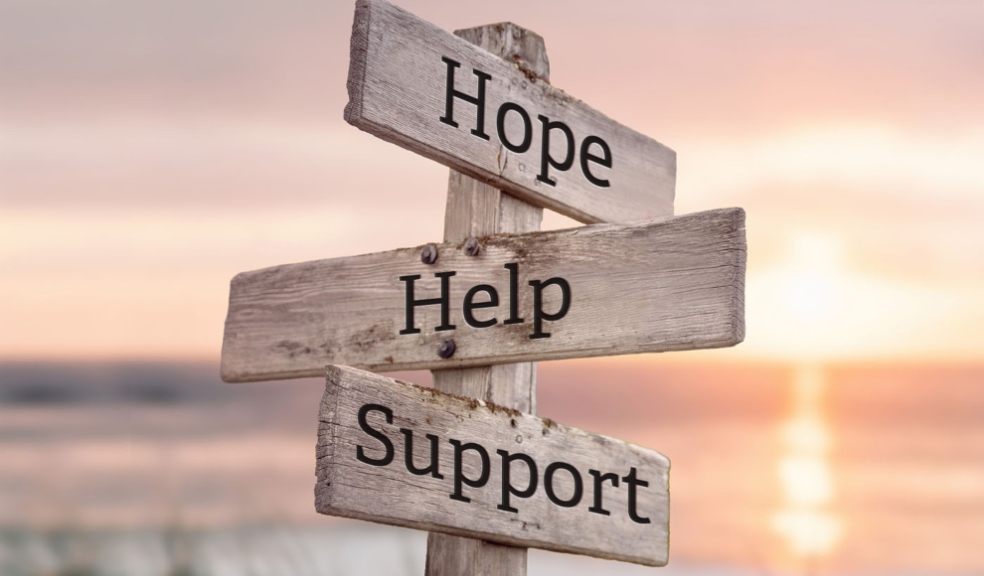
The Ethics of Casino Sites and their Offers: A discussion
The online gambling industry has grown exponentially in recent years, with more and more people turning to online casinos for their entertainment needs. However, this growth has also raised ethical concerns about the impact of casino site offers on vulnerable individuals and communities.
To gain a better understanding of these concerns and explore the ethical considerations involved in online gambling, we reached out to a variety of experts and stakeholders, including policymakers, public health professionals, community advocates, and industry insiders.
The Impact of Online Gambling on Vulnerable Individuals
One of the most significant ethical concerns about online gambling and casino site offers is the impact on vulnerable individuals, particularly those who may be prone to addiction or financial harm.
According to Keith Whyte, Executive Director of the National Council on Problem Gambling, "Online gambling is especially concerning because it is easily accessible, anonymous, and available 24/7. It can be hard to know when to stop, and many individuals may not realize they have a problem until it is too late."
Furthermore, Dr. Lia Nower, Director of the Center for Gambling Studies at Rutgers University, notes that "The prevalence of gambling addiction among those who participate in online gambling is higher than the general population."
To address these concerns, the industry has implemented responsible gambling practices, including self-exclusion programs, deposit limits, and reality checks. However, some argue that these measures are not enough to protect vulnerable individuals.
Impact on Local Communities
Another ethical consideration is the impact of online gambling on local communities. While some argue that online gambling provides revenue for the local economy and creates jobs, others point to the social costs associated with gambling addiction and financial hardship.
According to Professor Jim Orford, Emeritus Professor of Clinical and Community Psychology at the University of Birmingham, "The growth of online gambling has resulted in a shift from traditional gambling venues to remote gambling. This shift has reduced the visibility of gambling and made it harder to monitor and regulate."
Professor Orford also notes that "Gambling harms can be devastating for individuals, families, and communities. The social costs of gambling addiction can include bankruptcy, relationship breakdown, crime, and even suicide."
Individual Responsibility
Finally, we discussed the role of individuals in making responsible choices when it comes to online gambling. Experts emphasized the importance of setting limits on time and money spent, seeking help if needed, and avoiding chasing losses.
As Keith Whyte notes, "It is essential for individuals to take responsibility for their own gambling behaviour and seek help if they need it. There are many resources available, including hotlines, support groups, and treatment programs."
Conclusion
The ethics of casino site offers, and online gambling are complex and multifaceted. While the industry has taken steps to promote responsible gambling practices, more needs to be done to protect vulnerable individuals and communities. By engaging in open and honest discussions about these issues, we can work towards a more responsible and ethical approach to online gambling.



















